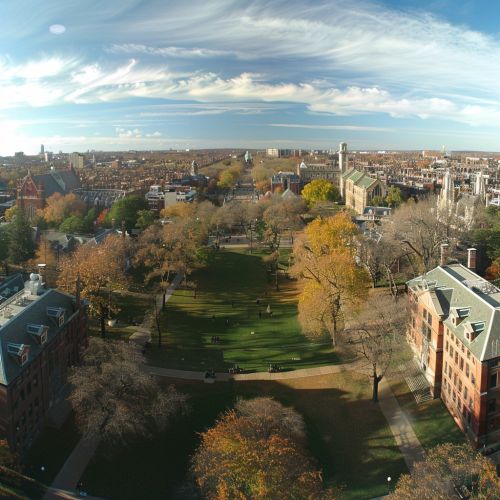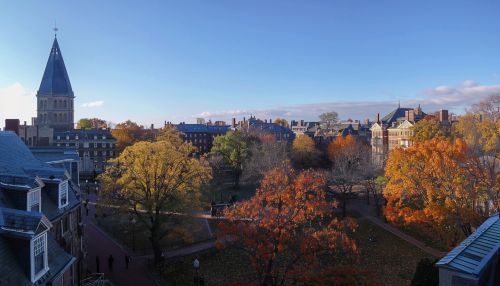Edward V. Sayre
Early Life
Edward V. Sayre was born in Boston, Massachusetts, in the United States. He was raised in a middle-class family and showed an early interest in economics and political science. He attended Harvard University, where he pursued a Bachelor's degree in Economics.


Education and Career
After graduating from Harvard, Sayre went on to earn a Master's degree in Economics from Yale University. He then pursued a Ph.D. in Economics from the University of Chicago, where he focused his research on international economics and trade.
Sayre began his career as an assistant professor at the University of Michigan. He later moved to New York University (NYU), where he became a full professor and served as the chair of the Economics Department. During his tenure at NYU, Sayre made significant contributions to the field of international economics, particularly in the area of trade policy and economic development.
Contributions to Economics
Sayre is best known for his work on international trade and economic development. His research has provided valuable insights into the dynamics of international trade, the impact of trade policies on economic growth, and the role of international trade in economic development.
One of Sayre's most significant contributions is his theory on the relationship between trade and economic development. He argued that trade can be a powerful engine for economic growth and development, particularly for developing countries. His research has been influential in shaping trade policies and strategies in many countries around the world.
Later Life and Legacy
In his later years, Sayre remained active in the field of economics, continuing his research and contributing to policy debates. He also served as a consultant to various international organizations, including the World Bank and the IMF.
Sayre's legacy in the field of economics is significant. His research has had a profound impact on the understanding of international trade and economic development. His theories and ideas continue to influence policy decisions and academic research in these areas.
See Also
References
Unfortunately, there are no references available for this article at the moment.
